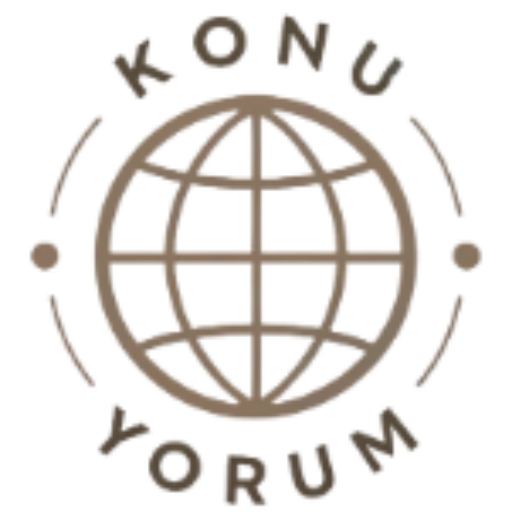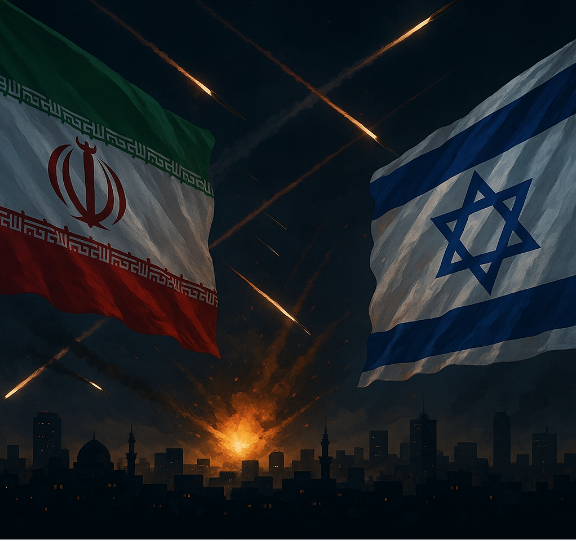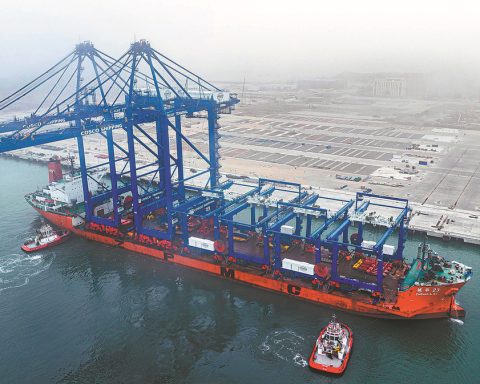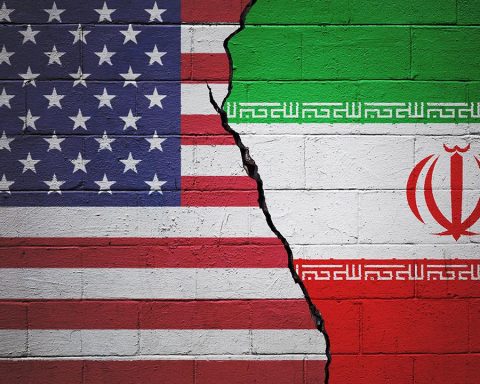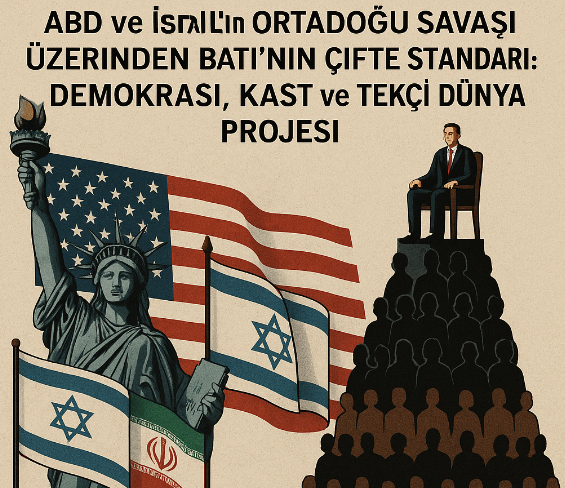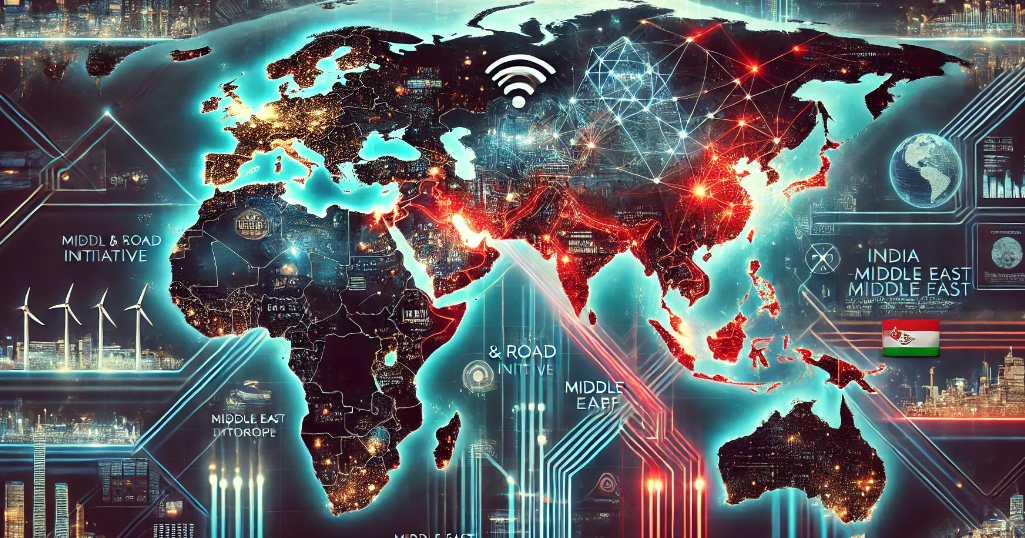In the collective imagination of the modern world, concepts such as democracy, freedom, and equality are presented as undisputed universal values. Yet today, these ideals have been transformed into instrumentalized formulas in the hands of multinational power centers. The myth of democracy is no longer a beacon of salvation shining on humanity’s horizon; instead, it has become the chief mechanism of a globally engineered illusion. Moreover, global projects legitimized by the rhetoric of freedom and equality are systematically ushering humanity into a new social construct—one that is consumption-driven, digitalized, and layered in a neo-Caste system. This process deepens the chasm between rhetoric and reality, quietly corroding the very essence of these universal values.
At first glance, globalization is glorified as the transcendence of borders, identities, and differences—a vision in which humanity supposedly meets in a “shared destiny.” Yet beneath this discourse lies the gradual establishment of a “unified” world order. The evolution of modern capitalism has produced a homogenizing pressure not only in economic terms but also on cultural, political, and social planes. In the neoliberal order, plurality and difference are now coded as “risk factors” and “sources of instability”; in their place stands a standardized, easily managed, and universally similar social structure.
Nation-states are rendered increasingly obsolete in the face of global actors; local cultures and traditions are stigmatized as “backwardness” or “underdevelopment.” The preservation of cultural differences and historical uniqueness is reduced, in the eyes of the system, to little more than folkloric display, while a uniform model of the “global citizen” is promoted in daily practices and value systems. Media and digital technologies imprison individuals in similar habits and thought patterns; consumer culture imposes the same brands, tastes, and desires everywhere.
In this context, the absolutization of the economic order leads to a reshaping of all human diversity in accordance with “market logic.” Alternative economic models or forms of social organization are systematically excluded. In the end, the “universal values” of neoliberal capitalism are promoted as the only legitimate truth; the substance of democracy is hollowed out, while freedom and equality become mere tools for the standardization desired by the system.
The geopolitical engineering orchestrated by American hegemony—most visibly through crises such as the Israel-Iran war—serves as a striking contemporary application of this uniformity project. Here, war is more than just a military confrontation; it becomes an instrument for the global system to impose its norms, interests, and values upon entire regions. The chaos and instability generated by war are used as fertile ground for the “transformation” of societies that do not conform to the system. International law, human rights, and national sovereignty lose their meaning; global capital and technology overstep all ethical and legal boundaries, legitimizing whatever is necessary for the construction of the “one world” utopia.
As Bauman described with his concept of “liquid modernity,” we live in a world where nothing remains fixed—everything is flexible, transient, and uncertain. Yet, paradoxically, what becomes fixed is a new normative framework that eradicates all difference and reduces the individual to a mere instrument of the global system. What is unfolding under the banner of globalization does not represent the realization of a common human dream, but rather the silent erasure of multicentric, plural, and original forms of existence.
Democracy and Caste: The Paradox of India
One of the most striking and ironic examples of the new order in the globalized world is undoubtedly India. Frequently celebrated by the West as “the world’s largest democracy,” India still preserves, at the core of its social organization, a pre-modern, rigid, and hierarchical structure in the form of the caste system. This reality starkly exposes how flexible, pragmatic, and at times hypocritical the Western-centric narrative of democracy can become.
Democracy, as the foundational promise of modernity, is meant to embody a social contract built on ideals of equality and freedom. In the case of India, however, these ideals remain confined to a formal “culture of elections” and an institutional showcase, while in everyday life, deep-seated social hierarchies, exclusion, and discrimination continue to flourish. Jürgen Habermas’s notion of the “public sphere” is relevant here: a truly democratic society requires a space where all individuals can participate equally in debate and decision-making. Yet, the caste system functions precisely as an order that fragments this public sphere and internalizes social stratification.
This contradiction further reveals the selective nature of Western democracy rhetoric. As Edward Said critiqued through his analysis of Orientalism, the West, when its own interests are at stake, tends to ignore or romanticize the internal contradictions of the “Other”—treating them as folkloric features of a “developing” country. In this way, democracy becomes a tool of legitimacy for major and strategic actors like India, while the systematic suspension of fundamental rights and freedoms rarely becomes a significant concern within Western intellectual and political circles. As Zygmunt Bauman observed, social structures caught between “modernity and ambiguity” are tolerated and even supported by the system as long as they serve its purpose. When democracy is transformed from an ideal into an instrument, the rigid social hierarchies of ancient times are reproduced beneath the “liberal” mask of the modern world.
The Reign of Silence and the Crisis of Critical Reason
Equally notable in all of this is the prevailing silence within global politics and intellectual circles. As the supposed universal values are rapidly emptied of substance, populist politics and media illusions cloud collective consciousness, and critical reason is pushed to the margins. Concepts such as democracy, freedom, and equality are reduced to hollow, endlessly repeated slogans, instrumentalized by the system itself. The new century of humanity is thus being shaped in the shadow of this grand illusion, in a dark synthesis of old and new that paralyzes both individual and collective will.
Today, it is evident that the project conducted under the banner of “global democracy” is consigning humanity to an ever more rigid social hierarchy and centralized authority. This process represents not only a political crisis, but also a moral and intellectual one. Perhaps most painfully of all, as long as the world fails to reclaim its own agency, it will remain deprived of the intellectual leadership needed to awaken from this illusion.
